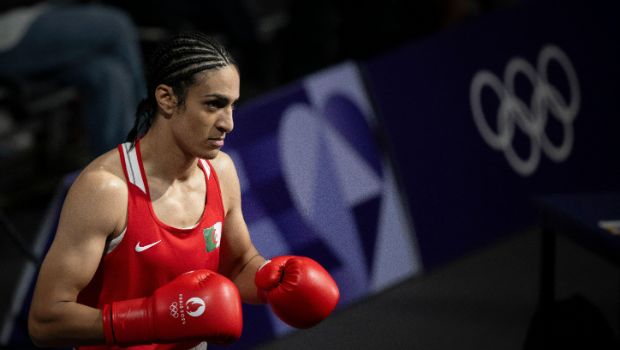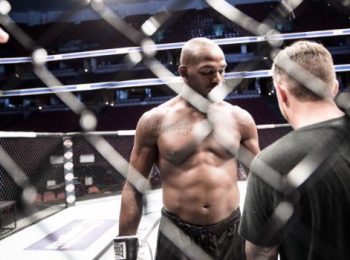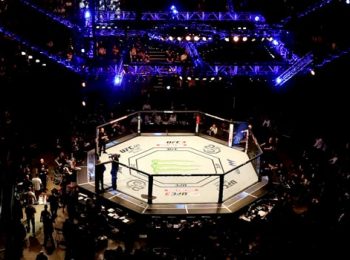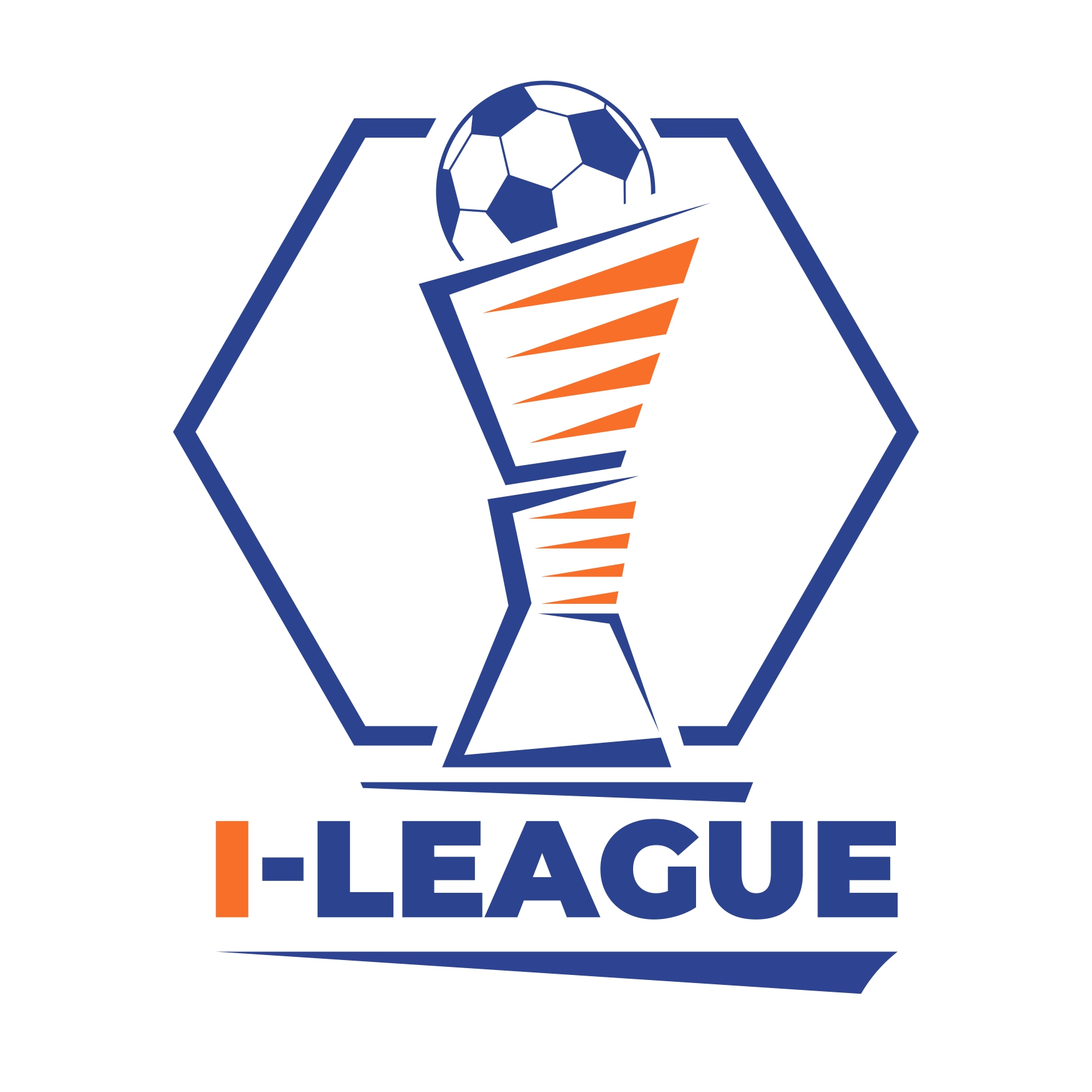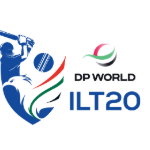On Monday, the International Boxing Association (IBA) addressed issues surrounding Algerian boxer Imane Khelif and Taiwanese boxer Lin Yu-ting, particularly regarding their eligibility to compete in the women’s boxing event at the ongoing Paris 2024 Olympics.
Last week, Khelif made headlines around the world after her opponent, Angela Carini, withdrew from their fight barely a minute into it, complaining about the blows she received from Khelif.
The conversation that resulted from that fight revealed that Khelif had failed some tests and was not cleared to partake in the women’s boxing event at the Olympics, a claim that has been shut down by the International Olympic Committee (IOC), who have found both boxers eligible.
The rumors about failed tests were prompted by the fact that Khelif was disqualified at last year’s Women’s World Boxing Championships after making it to the final. According to the IBA, the body sanctioning that event, Khelif, “was excluded from the IBA World Boxing Championships due to the failure to meet the IBA eligibility criteria.”
Yu-ting, who had already won bronze at the event, was also disqualified and her medal taken due to a similar reason. As for what the exact tests were, the IBA failed to reveal it at that time, certain medical privacy concerns.
The unknown nature of the tests has further caused people to be divided on their support for Khelif and has led to a wider conversions outside boxing, and the IBA tried to give some explanations to certain questions at a press conference on Monday.
The IBA is currently not recognised by the IOC and so cannot make recommendations to the body. But in their press conference, the IBA, rather than answer questions, raised more questions.
The event, which has been tagged as lacking organization, had conflicting information from IBA’s top members. The IBF chief executive, Chris Roberts, said that both Khelif and Yu-ting had failed chromosome tests that “demonstrated both boxers were ineligible.”
His claim was, however, not supported by the president of the association, Umar Kremlev, who said that the tests conducted on both fighters were to gauge their testosterone levels, which they found to be quite high, leading to their dissatisfaction.
Further, the IBA’s claim that the tests they took was certified by the World Anti-Doping Agency (WADA) was not corroborated by the agency as they maintained that they only concern themselves with doping issues and not gender-related issues.







